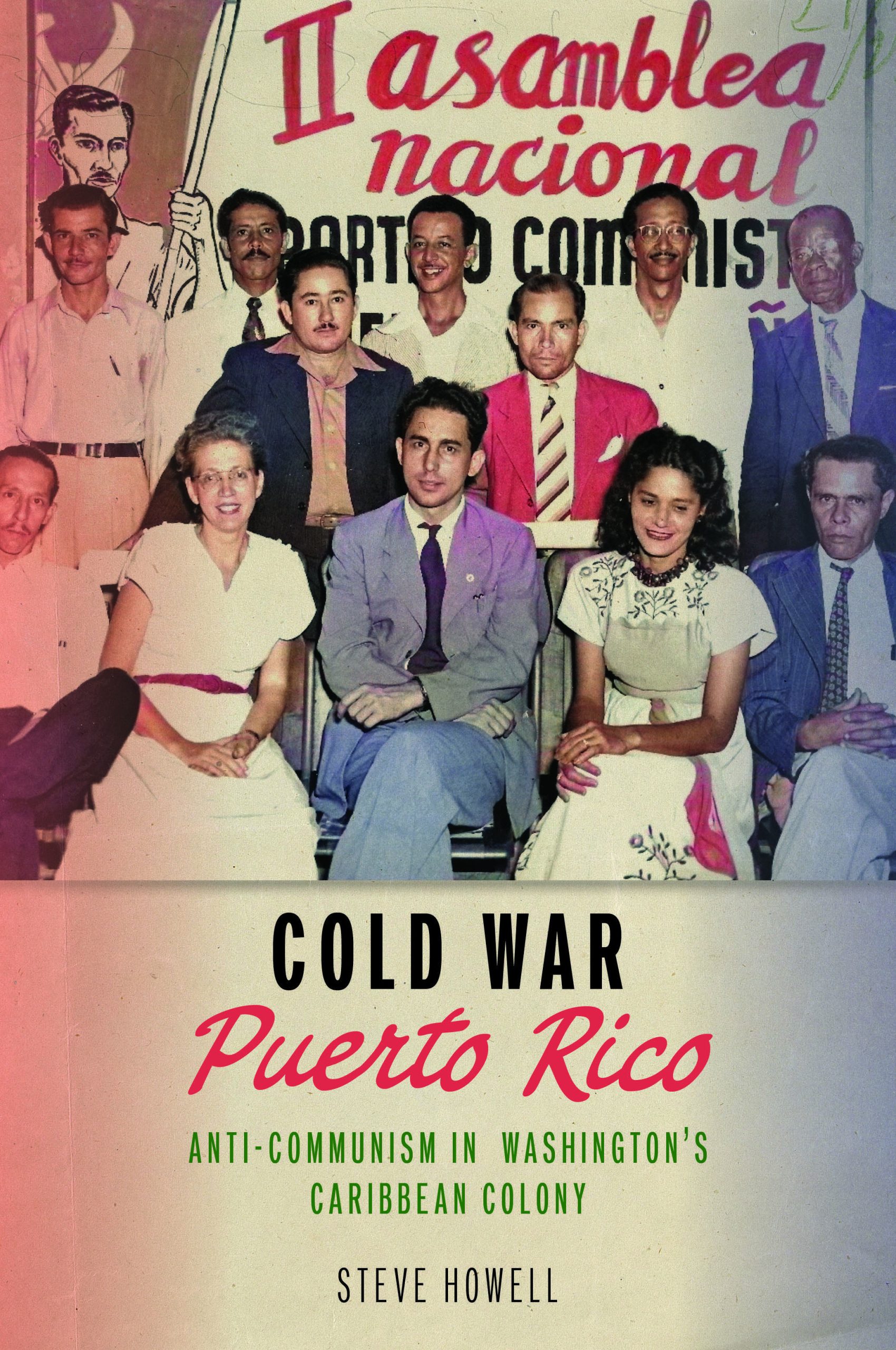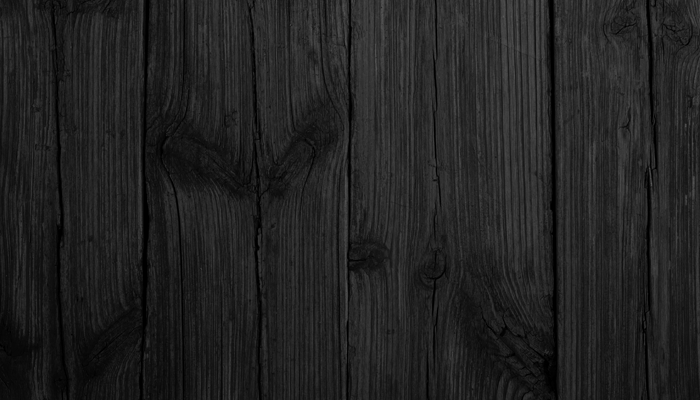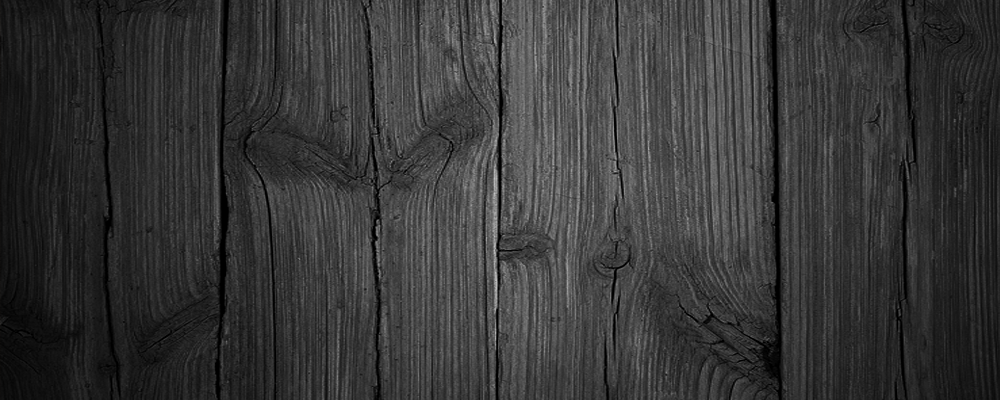Cold War Puerto Rico

“Most histories of McCarthyism ignore Puerto Rico. Most histories of the Puerto Rico independence movement focus on the Nationalist current. Steve Howell’s book makes a major contribution to filling these gaps. His investigation unearths new material and brings to memory significant events, such as the House Committee on Un-American Activities hearings in Puerto Rico in 1959, a spectacular confrontation that until now has not received the attention it merits in the literature on McCarthyism or in Puerto Rican historiography.”
-Rafael Bernabe, author of Obstinate Star: a History of the Puerto Rico Independence Movement
-Rafael Bernabe, author of Obstinate Star: a History of the Puerto Rico Independence Movement
“Howell narrates the history of solidarity between a network of Puerto Rican and U.S. communists who faced repression from the developing US imperialist state during the early years of the Cold War. An engaging and important historical contribution.”
-Sandy Plácido, Rutgers-Newark
“Howell does an excellent job uncovering the FBI’s transnational networks that enabled it to harass Puerto Rican radicals, follow their compatriots abroad, and work with other intelligence and legislative agencies to circumscribe individual freedoms and rights ostensibly in the name of national security and democracy.”
-Denise M. Lynn, author of Women March for Peace: Black Radical Women’s Anti-Korean War Activism
“Steve Howell’s deeply researched and expertly written account of red scare politics in Puerto Rico offers an impressively panoramic yet surprisingly intimate portrayal of mid-twentieth-century U.S. colonialism and anti-communism at a crucial intersection point in the American empire.”
-Dr. Hugh Wilford, author of The CIA: An Imperial History
-Sandy Plácido, Rutgers-Newark
“Howell does an excellent job uncovering the FBI’s transnational networks that enabled it to harass Puerto Rican radicals, follow their compatriots abroad, and work with other intelligence and legislative agencies to circumscribe individual freedoms and rights ostensibly in the name of national security and democracy.”
-Denise M. Lynn, author of Women March for Peace: Black Radical Women’s Anti-Korean War Activism
“Steve Howell’s deeply researched and expertly written account of red scare politics in Puerto Rico offers an impressively panoramic yet surprisingly intimate portrayal of mid-twentieth-century U.S. colonialism and anti-communism at a crucial intersection point in the American empire.”
-Dr. Hugh Wilford, author of The CIA: An Imperial History
In the 1940s, with the construction of a naval base and a bombing range, Puerto Rico became a major geo-political military outpost for the United States. However, for a signatory of the Atlantic Charter pledging support for the right to self-determination, the archipelago’s colonial condition underscored the dissonance between American democratic rhetoric and its imperial reality. The ‘solution’ was a deal that, in 1952, gave Puerto Rico a degree of self-government without changing its legal status as an ‘unincorporated’ US territory. The US then publicly claimed Puerto Rico was now more autonomous while using repressive tactics such as FBI surveillance, arrests, destabilisation and other methods developed in Washington to silence activists and political parties pushing for full independence.
In Cold War Puerto Rico, Steve Howell examines how J. Edgar Hoover and the FBI targeted Puerto Rican communists as part of an offensive against pro-independence parties and activists generally. Howell’s US-born father, who fell afoul of Hoover for producing radical cartoons while working in San Juan in the 1940s, remained on the FBI’s watch list long after exiling himself in Britain. His close friends, the Puerto Rican author Cesar Andreu Iglesias and Jane Speed de Andreu, were meanwhile arrested and imprisoned three times during the 1950s. Drawing on a wealth of new sources, including interviews and FBI files, Howell tells their stories along with those of other activists who battled indictment in 1954 under the Smith Act, challenged the jurisdiction of the House Un-American Activities Committee in San Juan in 1959, and revived the Puerto Rican independence movement in the 1960s, despite the FBI deploying the covert tactics of COINTELPRO against them.
Puerto Rico is virtually invisible in histories of what is generally called McCarthyism, yet anti-communist repression was in many ways more intense there than in the US itself. Now, with Puerto Rico’s future currently hanging in the balance, Howell’s compelling history demonstrates why we need to understand the long enforcement of its colonial status.
A gripping history of FBI surveillance, political repression, and the fight for Puerto Rican independence.
Cold War Puerto Rico will be published by the University of Massachusetts Press on May 1, 2026. The book is already available through major retailers for pre-order. The publisher’s price for the paperback is $34.95 but pre-orders via this website are at a special offer price of £20 including postage (UK only) – see below.
Pre-order a paperback copy of Cold War Puerto Rico at the special offer price of £20.00 including postage (UK only)
ORDERFor customers in the US, Puerto Rico and locations other than the UK, please pre-order via the University of Massachusetts Press website, Amazon, Barnes & Noble or another commercial outlet.



